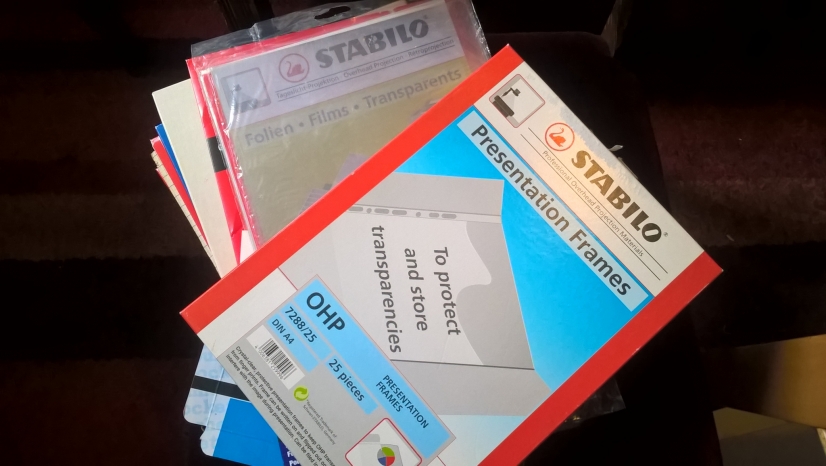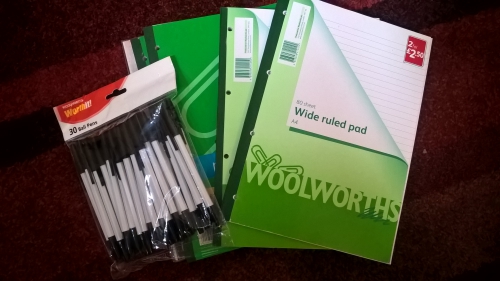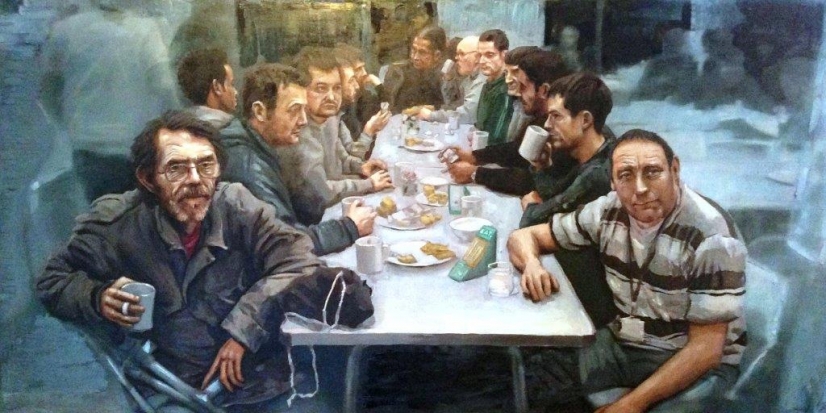It's roughly 10:30 on a Saturday morning, and I've been gainfully employed doing church-related stuff for three hours. There's no great virtue in this, it's just the way I choose to work, so that I can hopefully get everything done and then take some time out. And, to be fair, it's not that often that I have significant or substantial amounts of work to do on a Saturday, just that life has been pretty busy of late and a lot of deadlines have arrived all at once!!
So, what have I been doing with this time?
First of all I prepared a draft sermon for the wedding I'll be conducting a week today. I don't especially like the term 'sermon' for this, but in a Scottish context where, so I am told, the 'address to the couple' is usually a bit of a pep talk, maybe sermon is a better word. I love writing these short pieces, each taylored to the unique context, each trying to reflect and capture something of what the couple want to say to each other. Around the 800 words mark this time, so short and (hopefully) sweet. Two lovely reading to work with, and I'm looking forward to sharing in a lovely couple of days in Aberdeen.
Then it was downloading some video for the 'all together' part of tomorrow's morning service... and being conscious of the context in which it will be shared and the potential misunderstandings or objections that might arise. Nothing unique or even unusual here, it's a constant and important check that needs to be made... who is included/exlcuded, how are my words heard... People are gracious and generous, which makes it feel even more important to think and prepare carefully.
The task I finished just before starting this blog, was writing intercessions for evening prayers at a residential meeting to be held on Monday/Tuesday of next week. Yet again, context is everything. People will have travelled, some of them long distances; they will have been involved in deep conversations and be weighing significant decisions. Fatigue and emotion and best behaviour and supressed furstration will all be evident (at least in me!) so it's a genuine challenge. I am told that I am good at this kind of prayer-leading - which is affirming and encouraging, and challenging and unnerving, in equal measure. It is certainly a complex blend of privilege and responsibility.
So, three very different activities, for three very different contexts, and at least some pretty clear common factors!
Recently, it struck me that in just over a year (in December 2017) it will be 20 years since I heard the clear and unambigious call to ordained ministry. Back then, I hadn't a clue what that really meant - and to be brutally honest, I'm still only beginning to work it out - but one thing that's certainly true is that ministry continues to be endless varied... and the common factors don't change over time or between contexts!


